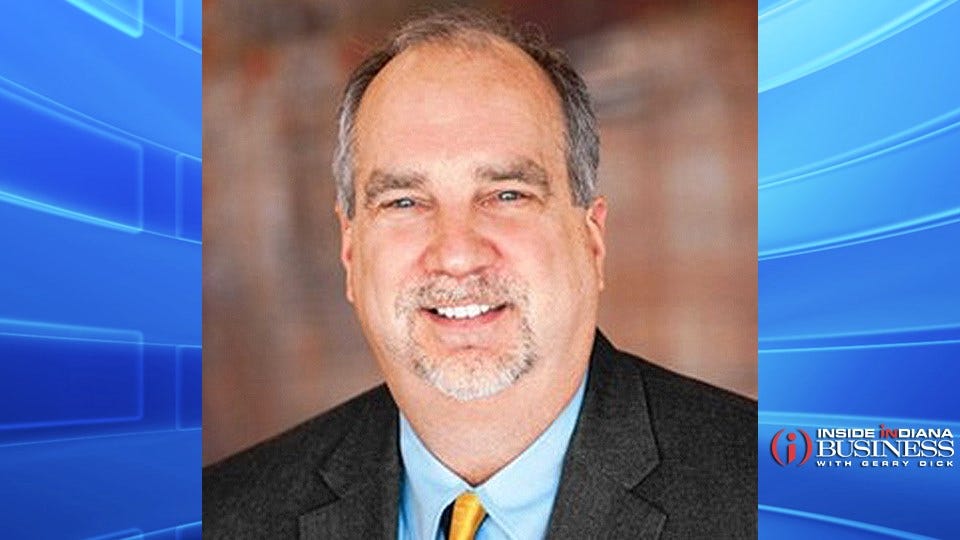Healthcare Trends: What’s Happening in 2022?
Subscriber Benefit
As a subscriber you can listen to articles at work, in the car, or while you work out. Subscribe Now
In recent years, there have been several ways in which healthcare providers have sought to integrate the latest technology into patient care. As a result of the COVID-19 pandemic, we’ve seen many of these trends escalate and many will continue to impact the healthcare industry.
As providers seek ways to integrate the lessons learned in years past, a key component will be finding ways to derive meaningful information from the knowledge we have collected in order to cultivate and apply our learnings to new life-saving advancements. There has been a shift in some major healthcare protocols and we anticipate seeing more attention given to the following trends in 2022.
Prioritizing healthcare equity
The Robert Wood Johnson Foundation describes health equity to mean that “everyone has a fair and just opportunity to be as healthy as possible.” Currently, there are several factors that prevent health equity, but those living in rural areas are at a significant disadvantage compared to those living in urban areas.
The Centers for Disease Control and Prevention (CDC) notes that “rural Americans are more likely to die from heart disease, cancer, unintentional injury, chronic lower respiratory disease, and stroke than their urban counterparts.” It’s estimated that, “57 million people in rural communities will face increased mortality,” according to Forrester Predictions 2022. More healthcare professionals now focus on identifying the right testing and prescriptions through the implementation of precision health practices vs. a one-size-fits all and trial-and-error model. Our hope is to see this later approach decrease in the coming year.
Living with the COVID-19 pandemic
We’ve learned that COVID-19 is not simply going to disappear, and we have had to adjust many ways in which we go about our daily lives. The CDC now predicts the COVID-19 “pandemic” will convert to a long term “endemic” condition in the United States. Looking ahead, the global pandemic and/or US endemic status will continue to impact the healthcare industry as we find better solutions to stop the spread of the virus and reduce the mortality rates across the nation. Health systems now have the ability to improve the health of people in ways that they could not two years ago.
We’ve also witnessed some of the after-effects of COVID-19 in patients who have contracted the virus. Though unpredictable, some of these “long-haulers” experience symptoms such as fatigue, lack of smell or taste, and continuous coughing for weeks and sometimes months after initial contraction. While we are still assessing these symptoms and learning why some patients are impacted for longer periods of time than others, it is essential that physicians are given the resources needed to identify and assess these conditions and the overall effects they may have on patient health in the years to come.
The way we view the topic of mental health has changed since the start of the pandemic. COVID-19 has resulted in forced isolation and caused higher rates of reported loneliness and depression. We’ve seen an increased need for care, although many people do not seek help. There is an opportunity here for healthcare professionals to break the stigma behind mental health by encouraging those that are struggling to seek help and educating them on why it’s beneficial. With online therapy options offering convenient treatment and the ability to customize mental health treatment plans tailored to the patient’s specific genome pattern, our goal is to see the number of untreated mental health disorder cases drop.
Healthcare systems overloaded with data
As technology in the healthcare arena continues to advance at a rapid pace, physicians have access to platforms that can store more and more data points. While this allows the physician to offer more precise patient care, the downside is the challenge it creates for healthcare organizations to manage that massive database and harvest it into “insights” and the knowledge providers need to quickly and easily utilize.
Additional data isn’t useful unless it is organized into actionable information that will benefit providers and
patients. This will require a shift in the way healthcare leaders evaluate their data capabilities. This year, healthcare organizations will need to put more emphasis on removing isolated data silos in order to create a reusable data product.
More clinician burnout
Clinician burnout has increased at an alarming pace and the global pandemic has only exacerbated the issue. The Medscape 2021 Physician Burnout & Suicide Report reveals that 42% of physicians reported they were burned out, with 21% of them reporting that their burnout symptoms began after the start of the pandemic.
Burnout is affecting physicians that have been practicing medicine for years as well as those new to the profession. Together as an industry, we must conceive innovative ways to streamline the administrative burden and processes for clinicians so they can do what they do best, spending time caring for their patients.
